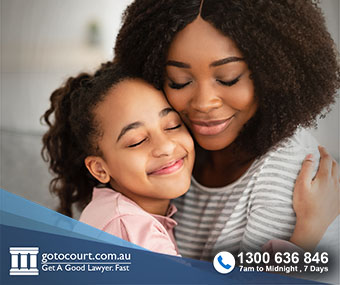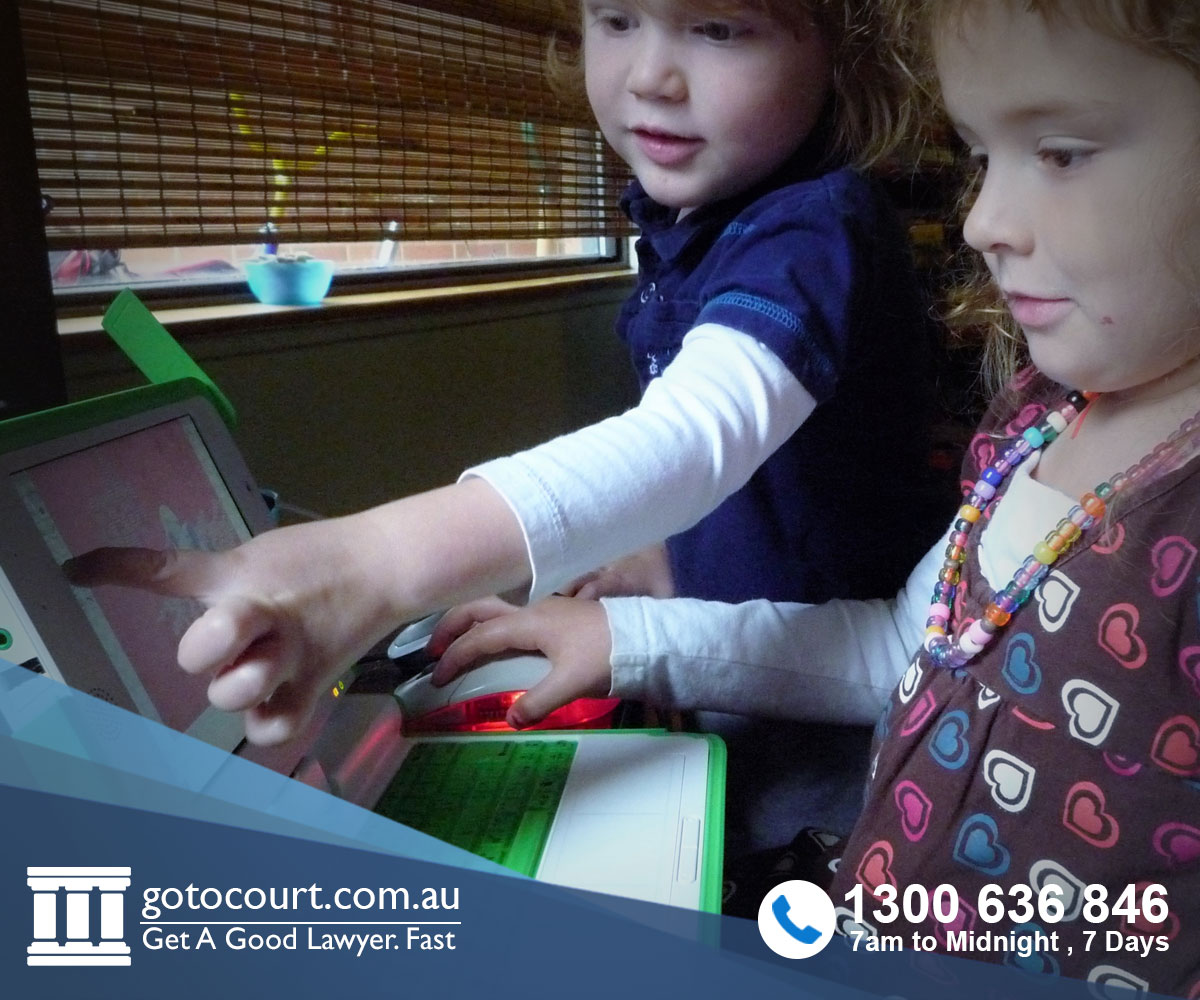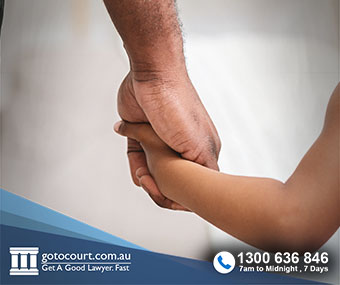Call our lawyers
now
or,
have our lawyers
call you
Parenting Orders For Aboriginal Children
Updated on Nov 14, 2022 • 4 min read • 420 views • Copy Link
Parenting Orders For Aboriginal Children
The Family Law Act 1975 sets out the principles that are to underpin courts’ decisions as to where children should live, who they should have contact with and any other matters that are to be included in Parenting Orders. The paramount consideration in all decisions about parenting orders is the best interests of the child. This is determined by balancing the child’s right to have a meaningful relationship with both parents and the child’s right to be protected from harm. When the court is dealing with parenting orders for Aboriginal children, it must consider the child’s right to engage with his or her culture and what sort of living and care arrangements best promote this.
The legislation
Section 60B of the Family Law Act provides that Aboriginal and Torres Strait Islander children have the right to:
- Maintain a connection with that culture; and
- To have the support, opportunity and encouragement necessary to explore the full extent of that culture, consistent with the child’s age and developmental level and the child’s views; and to develop a positive appreciation of that culture.
The act also provides that when the court is determining what is in a child’s best interests, it must consider (if the child is an Aboriginal or Torres Strait Islander child), the child’s right to enjoy his or her culture and to share it with other people who share that culture and the likely impact of any proposed parenting order on that right (Section 60CC).
What is the effect of these principles?
In any parenting matter, the court will strive to make orders that allow the child to maintain a meaningful relationship with both parents. Parenting Orders that do not allow for a relationship with both parents will only be made where contact with both parents is not practicable or where the risk of harm to the child outweighs the child’s right to those relationships.
When a court is making Parenting Orders for Aboriginal children where one of the parents is Aboriginal but the other is not, the children’s right to maintain a connection with their culture may mean it is desirable for the children to spend time with the extended family of the Aboriginal parent in order to become familiar with that culture, or to do particular activities with that parent or that side of the family.
When a court is making Parenting Orders for Aboriginal children where both parents are Aboriginal but come from different communities, it may be desirable for orders to be made that facilitate the children maintaining a connection to both extended families and both communities and participating in significant events in both communities.
How are the child’s cultural needs determined?
Before a court considers making Parenting Orders for Aboriginal children, each party will have filed a detailed affidavit setting out the children’s past and present circumstances. Parties can outline their cultural traditions and practices in their affidavit along with the children’s past and present involvement in cultural activities and any particular cultural interests they may have.
It is common for the court to order one or more reports to give it more insight into a family’s situation. These reports will include recommendations as to what sorts of ongoing living and care arrangements are in the children’s best interests. In the case of an Aboriginal or Torres Strait Islander child, this is likely to include a recommendation that the court make provision for the child to spend time in a particular community or with particular Aboriginal members of their family, in order to maintain their connection with that culture.
However, the fact that a parent is Aboriginal does not guarantee that that parent will succeed in obtaining orders that are favourable to them as the court is required to balance the child’s right to maintain a connection with his or her culture with other factors relevant to determining what is in the child’s best interests.
If you require legal assistance please contact Go To Court Lawyers.


Affordable Lawyers
Our Go To Court Lawyers will assist you in all areas of law. We specialise in providing legal advice urgently – at the time when you need it most. If you need a lawyer right now, today, we can help you – no matter where you are in Australia.How It Works








1. You speak directly to a lawyer
When you call the Go To Court Legal Hotline, you will be connected directly to a lawyer, every time.


2. Get your legal situation assessed
We determine the best way forward in your legal matter, free of charge. If you want to go ahead and book a face-to-face appointment, we will connect you with a specialist in your local area.


3. We arrange everything as needed
If you want to go ahead and book a fact-to-face appointment, we will connect you with a specialist in your local area no matter where you are and even at very short notice.



















